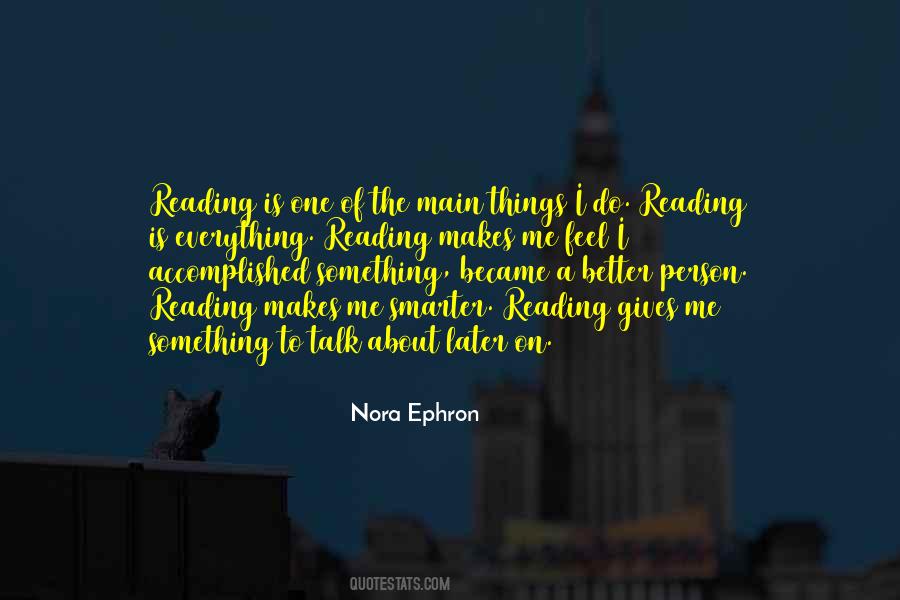

There’s another form of each of the first two Korean phrases for goodbye you learned, and they’re much more formal. #3 안녕히 가십시오 (annyeonghi gasipsio) or 안녕히 계십시오 (annyeonghi gyesipsio) - formal “Goodbye” in Korean But with time and practice, you’ll get the hang of these two useful phrases for saying Goodbye in Korean. This is the honorific form of 있으세요 ( isseuseyo), which comes from the verb 있다 ( itda, “to exist”).Īs you’ve likely figured out by now, 가세요 ( gaseyo) and 계세요 ( gyeseyo) sound really similar, so new Korean learners often mix them up. You already learned 안녕히, so let’s look at 계세요. When you’re leaving and saying goodbye to someone who is staying, you’d use this phrase to mean something along the lines of “stay peacefully” or literally, “please peacefully exist”. #2 안녕히 계세요 (annyeonghi gyeseyo) - “Bye” in Korean when you’re leaving There’s another similar phrase you’ll use when you’re the one leaving, so let’s get to it. This phrase is polite and works in most situations. Together, you’re literally saying 안녕히 가세요 “please go peacefully”. So, 안녕히 means “peacefully” and 가세요 means “please go”. And by attaching 히, we turn it into an adverb (as a reminder, an adverb is a word that describes a verb). 안녕히 가세요 is one of the most common ways to say goodbye and it’s used when you’re staying, but the other person is leaving.īefore we go any further, let’s break this phrase down! When talking in present tense, to talk to is the favored one.#1 안녕히 가세요 (annyeonghi gaseyo) - “Goodbye” in Korean when someone is leavingįor most goodbyes in Korean, there are two forms-one for when you’re the person leaving and another for when the other person is leaving. When talking about a past event, talking to is the favored choice by most speakers. The use of to is indeed in favor (compared to with). In the present: 'S NICE TO TALK TO YOU 12įrom the data, we can draw a few conclusions:Īll possible choices (of to talk or talking, and of talk to or talk with) are acceptable (or at least can be said "in use"). Here are the results found in COCA using two searches nice talking to|with you, and nice to talk to|with you, grouped by the intended time. It provides evidence from a corpus (COCA) that is related to "It was nice to talk to you.", which is an issue raised by an ELL member, syntaxerror, that "It was nice talking to you." is more appropriate, and the choice between talking to or talking with was questioned. Last, apparently 'talk' or 'speak' to someone is British English, and 'talk' and 'speak' with someone is American English (generally speaking). Okay, me too, see you!! (This one sounds better because 'me too' is not by itself.) But it does sound as if you are in a hurry to say good bye. B: Me too.) As a texted response, it would be okay with a friend. (I would probably not actually say this one, but 'me too' seems to be used more and more these days as a generic response, even if the logic doesn't work: A: It was good to see you again. Yes, catch you later! (more informal, use with a good or frequent chat buddy only) Hey, it was great to talk with you too! (friendly/enthusiastic) (polite, and definitely gets the point across I mean you are admitting some feelings here) Note, since this is saying goodbye, or "leave-taking," it's okay to repeat the same words or use similar words (similar to greeting: A: How are you? B: Fine, and how are you?) My response might depend on exactly who I am talking with, but I can think of the following which I would say at least some of the time.


 0 kommentar(er)
0 kommentar(er)
